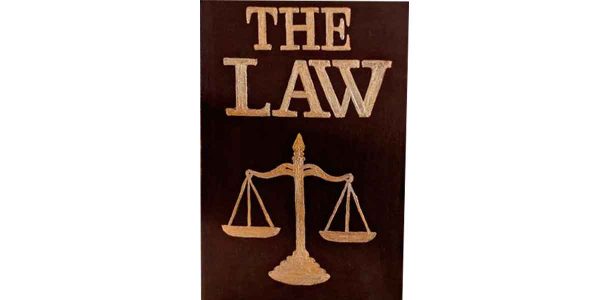Probate in Miami: Understanding the Legal Process
Probate is a legal process that occurs after an individual passes away, involving the distribution of their assets and the settlement of their debts. It is essential for orderly property transfer and ensures that the decedent’s last wishes are carried out correctly. In Miami, as in other parts of the country, probate is a crucial legal procedure that must be navigated carefully. In this blog, our experienced lawyers at Morgan Legal Group PLLP will provide a comprehensive overview of probate in Miami, explaining its purpose, the steps involved, and the significance of seeking professional legal guidance during this process.
The Purpose of Probate
Probate serves several critical purposes that are designed to protect the interests of all parties involved:
1. Validating the Will
One of the primary functions of probate is to authenticate the deceased’s last will and testament, ensuring that it is valid and legally binding. The court will verify that the will was executed according to the requirements of Florida law and that the testator was of sound mind when creating it.
2. Appointing an Executor
Probate is also the process by which an executor is appointed to oversee the administration of the estate. The executor is responsible for gathering and managing the assets, paying debts and taxes, and distributing the remaining assets to the beneficiaries according to the terms of the will.
3. Settling Debts and Taxes
During probate, the court ensures that all outstanding debts and taxes the deceased owes are settled. This is an essential step to prevent creditors from making claims against the estate and to ensure that the assets can be distributed to the beneficiaries with a clear title.
4. Distributing Assets
Probate facilitates the orderly distribution of the deceased’s assets to their rightful beneficiaries. The assets will be distributed according to the testator’s wishes if there is a valid will. If there is no will, the state’s intestacy laws will dictate how the assets are distributed among surviving family members.
5. Resolving Disputes
Probate also provides a forum for resolving any disputes or contests that may arise during the estate administration. Beneficiaries, creditors, or other interested parties may challenge the will’s validity, question the executor’s actions, or dispute the distribution of assets. The court will hear these claims and make rulings accordingly.
The Probate Process in Miami
The probate process in Miami typically involves the following steps:
1. Filing the Petition
The probate process commences when a family member or the named executor files a petition with the probate court in the county where the deceased resided. The petition requests the court to open the estate and begin the probate proceedings.
2. Notifying Interested Parties
The court requires the executor to notify all interested parties about the probate proceedings, including beneficiaries, heirs, and creditors. This ensures that everyone with a stake in the estate knows the process and can participate if necessary.
3. Authenticating the Will
The court will verify its authenticity and ensure it meets all legal requirements if there is a valid will. If the will is valid, it will be admitted to probate and used as the guiding document for the distribution of assets.
4. Appointing an Executor
If the deceased named an executor in their will, the court will officially appoint them to administer the estate. If there is no will or no appointed executor, the court will appoint an administrator to fulfill this role.
5. Inventory and Appraisal
The executor or administrator must compile an inventory of all the assets the deceased owns at the time of their death. This inventory must include a detailed description of each asset and its estimated value. An appraiser may be called in to assess the value of certain assets.
6. Paying Debts and Taxes
The executor is responsible for paying the deceased’s outstanding debts, including funeral expenses, medical bills, and other obligations. The executor must also file the deceased’s final income tax return and pay any estate taxes that may be due.
7. Distributing Assets
Once all debts and taxes have been paid, the executor can distribute the remaining assets to the beneficiaries as specified in the will. The assets will be distributed according to Florida’s intestacy laws if there is no will.
8. Closing the Estate
After all, assets have been distributed, the executor files a final accounting with the court, detailing all transactions and distributions made during the probate process. If satisfied, the court will review the accounting and issue an order to close the estate.
Seeking Legal Guidance
The probate process in Miami can be complex and time-consuming, requiring careful attention to detail and compliance with Florida’s probate laws. As such, it is highly recommended to seek the assistance of an experienced estate planning attorney to navigate this process smoothly.
At Morgan Legal Group PLLP, our team of skilled estate planning lawyers is well-versed in all aspects of probate law in Miami. We can guide you through the probate process, providing expert legal advice and ensuring that the estate administration proceeds efficiently and accurately.
Contact us today to schedule a consultation and take the first step toward navigating the probate process confidently and easily.











